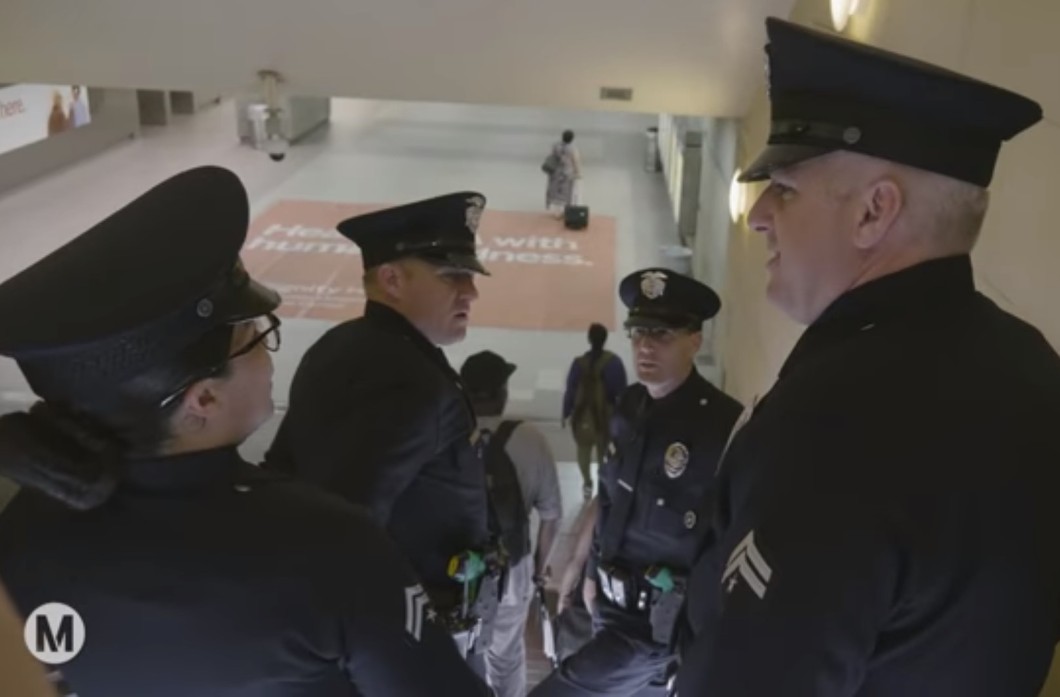In the last 48 hours, recall campaigns against three left-of-center Westside politicians failed to qualify for the ballot, preserving the seats of Culver City Mayor Daniel Lee, Culver City Councilmember Alex Fisch, and Los Angeles City Councilmember Mike Bonin.
The failure of the Recall Bonin campaign to meet its signature requirement was something of a surprise. In November, recall backers submitted 39,188 signatures to the City Clerk for validation. The recall needed 27,317 of those signatures to be validated to reach the threshold of 15 percent of registered voters to force the recall election. The City Clerk invalidated over 13,000 signatures, a higher than usual number. Despite the Recall Bonin campaign's insistence that it was a 'grassroots' effort, it was far more common to see a paid signature gatherer in front of the local grocery store than it was to see a volunteer. Any political consultant can tell you it's common to have a high rate of rejected signatures when the person collecting them is paid per signature gathered, regardless of whether the signatures are ultimately found to be valid.
Mike Bonin is one of the mayor's representatives on the Metro Board of Directors and Chair of the City Council Transportation Committee. He will face a primary election for his City Council seat on June 7 and, if no candidate receives 50 percent of the vote, will have a general election in November. A somewhat similar attempt to recall Bonin failed in 2017 after raising funds but never quite entering the signature-gathering phase. The 2021 recall attempt was mostly based on opposition to the councilmember's homeless prevention strategies that were portrayed as causing increased homelessness on the Westside, especially in Venice, and attempts at reforming the police.
In Culver City, the attempted recall was focused on the city's attempts to modernize its housing code - along with other issues such as police reform and the MOVE Culver City transportation project.
Similar to the attempted Bonin recall, the campaign made a lot of noise on social media and at public events, but ultimately didn't collect enough signatures to actually qualify for a recall election. As the Culver City Crossroads succinctly put it, "The support simply wasn't there as most residents simply disagreed."
In California, many reactionary right-wing recall campaigns (on the increase in 2021) have failed to gain traction. Last year voters rejected recalling Governor Gavin Newsom. After brash campaign kick-offs, conservatives failed to gather needed signatures to hold referenda on recalling L.A. City Councilmembers Nithya Raman and Kevin de León. Last month, in Washington state, socialist Seattle City Councilmember Kshama Sawant defeated a recall campaign.
Some recall campaigns still remain active - including those against progressive District Attorneys George Gascón (L.A. County) and Chesa Boudin (San Francicso).






